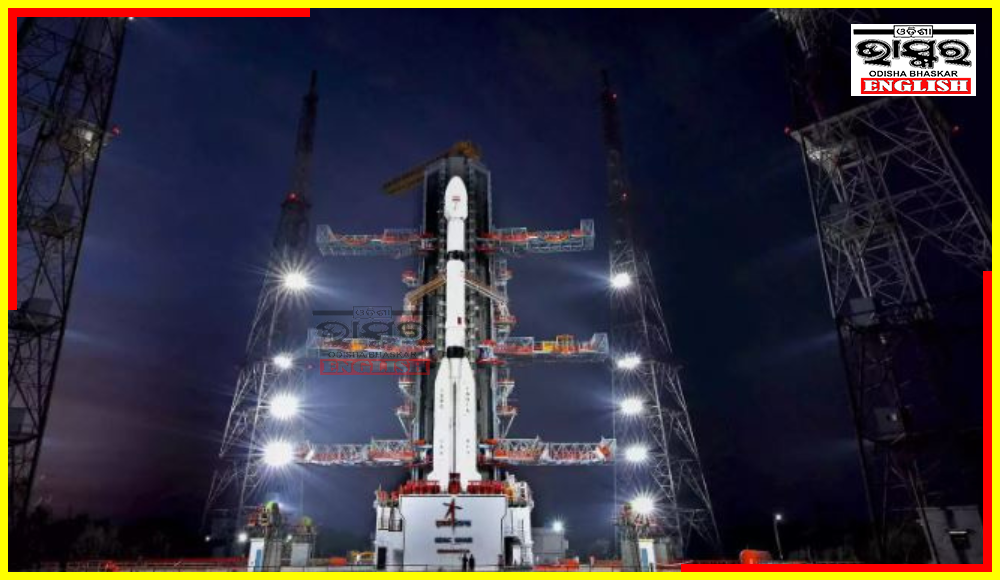New Delhi: ISRO’s Polar Satellite Launch Vehicle (PSLV) has accomplished zero orbital debris mission, which the space agency declared as “another milestone”.
This was achieved on March 21, when the PSLV Orbital Experimental Module-3 (POEM-3) met its “fiery end” through a re-entry into the Earth’s atmosphere.
“The PSLV-C58/XPoSat mission has practically left zero debris in orbit,” the space agency said. The PSLV-C58 mission was accomplished on January 1.
According to ISRO, after completing the primary mission of injecting all satellites into their desired orbits, the terminal stage of PSLV was transformed into a 3-axis stabilised platform, the POEM-3.
The stage was deorbited from 650 km to 350 km, which facilitated its early re-entry, and was passivated to remove residual propellants to minimise any accidental break-up risks, it said.
For the effective conduct of experiments onboard in POEM-3, the body rates were stabilised to less than 0.5 deg/s throughout, and innovative schemes like controlled dumping of residual propellant after the main mission were introduced for minimizing disturbances due to passivation, it added.
Noting that the Vikram Sarabhai Space Centre (VSSC) has taken the lead in conceptualising and realising the POEM by augmenting the 4th stage of PSLV, ISRO said PSLV-C58/XPoSat is the third such mission in the series, with POEMs being successfully scripted each time.
The Multi-Object Tracking Radar (MOTR) at Shriharikota also tracked the PS4 stage till the morning of March 21. POEM-3 was also supported by other Centres like U R Rao Satellite Centre (URSC), Liquid Propulsion Systems Centre (LPSC) and ISRO Inertial Systems Unit (IISU).
ISRO said, being a responsible space agency, it is committed to mitigating this threat through the development and implementation of advanced debris tracking systems, space-object deorbiting technologies, and responsible satellite deployment practices, thus safeguarding orbital environments for present and future space endeavors.




Comments are closed.